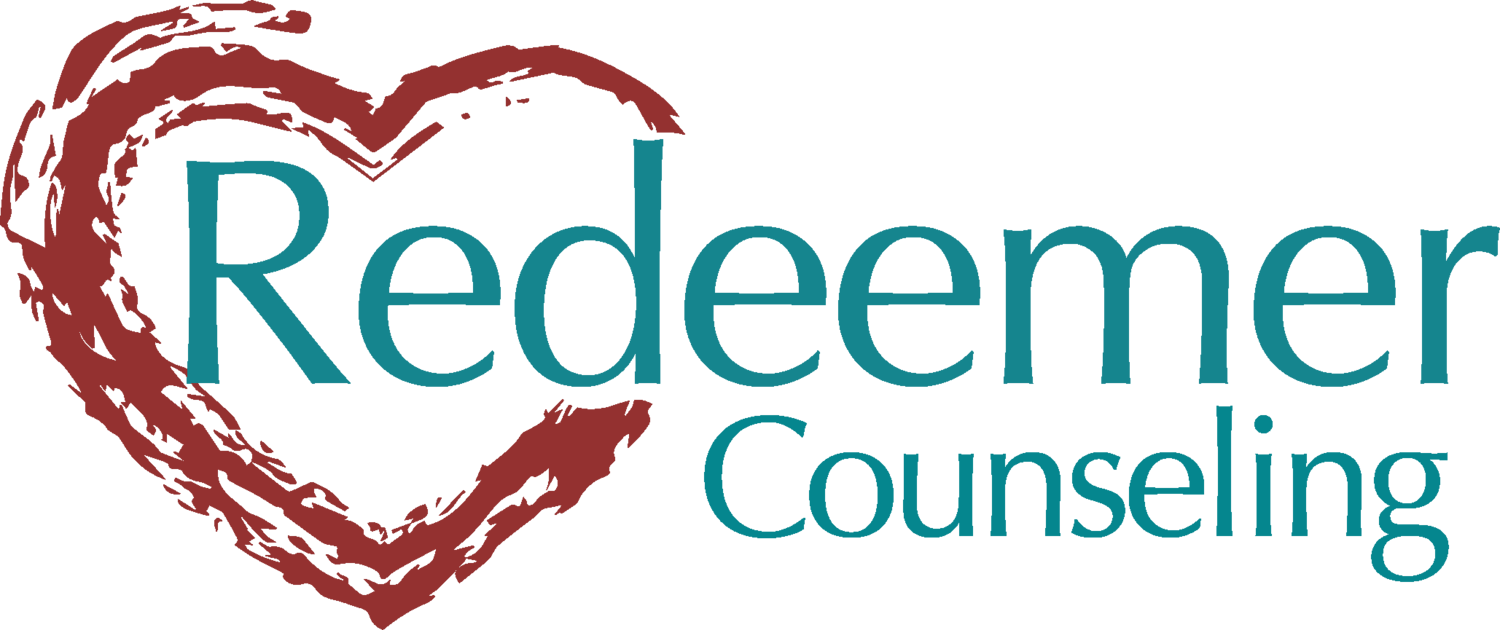Coming Home: How Therapy Can Bring Restoration and Hope
By Devan Grayson
“It’s possible that you have early onset MS,” the nurse stated nonchalantly and walked out of the exam room.
Tears welled up in my eyes as the words of a nameless nurse struck terror in my heart. I waited for a doctor who, upon arrival, had no answers, and drove home, alone with my fear.
It was in the same season that I started seeing my first counselor. The nurse was wrong; I didn’t have MS. My body had finally reached a point where it could no longer hold the emotions I had desperately tried to keep contained inside me. At the conclusion of our first session he gently stated, “You’ve just spent the last forty-five minutes talking about many people, but not yourself. I’m wondering how you’re impacted by everything that’s changing in your life?”
I remember not having words to respond. I didn’t know how to talk about myself. Up until that day, the messages I’d received, both in and out of the Church, led me to believe that it was selfish to talk about myself. With the help of my therapist and a loving community of friends, I would soon begin to stumble toward finding words to reclaim and redeem parts of my heart that had long been neglected.
As I sat week after week in the presence of my counselor’s safety, I grew in awareness of what I felt. I started to learn more about how I could grow in my ability to process my own trauma, tolerate my emotions, and bring rest to my weary soul. It was in these precious hours that I began to experience the restoring hand of Jesus and to walk more freely as the woman He created me to be.
Sometimes, unresolved trauma can explain why a person experiences seemingly inexplicable bodily reactions that hijack their ability to engage with others. We used to believe that trauma was stored in the brain as a “bad memory” that could simply be talked about to facilitate healing. However, neuroscience now demonstrates that trauma is stored throughout the entire body.
To some extent, we all experience harm and trauma in relationship. I believe the counseling room is a sacred space that offers an invitation to explore core wounds and begin to experience healing in body and soul. More often than not, it can be easier to name how we’ve harmed others rather than how we’ve been harmed ourselves. When this happens, our hearts remain neglected, our emotions stay trapped in our bodies, and we can feel stuck in the ways we engage with those around us. Examining the details of your story, especially giving weight to the places you’ve been harmed, can lead to healing and new freedom in relationship with yourself and others.
I believe the truth is what sets us free. Because of this, it is imperative that we name the goodness we’ve experienced in conjunction with the ways we’ve harmed others and experienced harm ourselves. No-one makes it through life without being wounded, and once we are, we begin to live out of adaptive and protective strategies to ensure we won’t be harmed again. While these strategies are often paramount to our survival, they simultaneously keep us in bondage and keep us out of healthy relationships with others. Once we experience harm, we begin to filter our present-day encounters through the lenses of our past hurts, making it difficult to come alive in the present. When you feel stuck in these ways, this can manifest in day to day interactions like feeling frustrated by something that seems insignificant or believing messages like, “my feelings are too much”.
Individual therapy is an invitation to explore the stories that have shaped who you are. As you name both the beauty and brokenness in your life, you can begin to experience healing that can lead to freedom and deeper relationships with others. I believe that all people are created uniquely with a story that demonstrates the hand of God. I count it a privilege to walk with clients in their own stories and wonder together about the untapped glory that remains hidden in their hearts.
